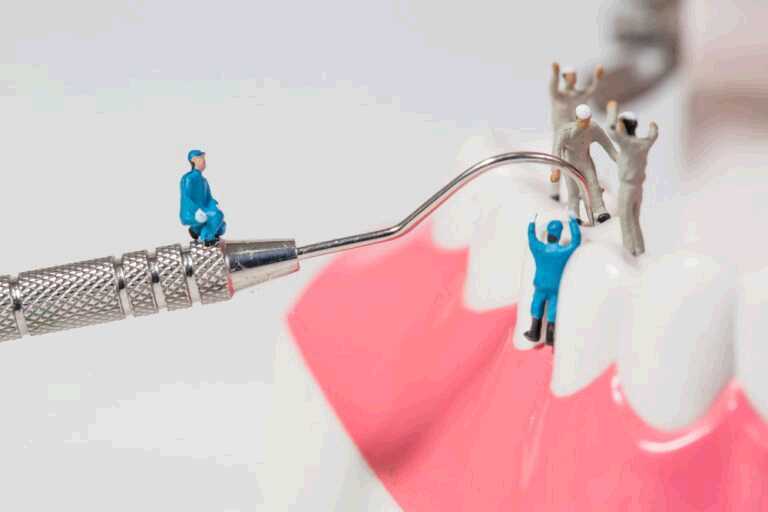
Although anyone can get dry mouth, it is a frequent side effect of high blood sugar levels and medications to treat type 1 and type 2 diabetes. Because saliva helps prevent tooth decay and gum disease, a lack of saliva increases a diabetic’s risk of cavities and gingivitis.
Diabetics are at higher risk of developing dry mouth or xerostomia. Compromised salivary flow is a common oral health dilemma for people with diabetes. It may seem inane, but saliva provides many essential functions. Not only does it help us chew and digest food, but it also provides us with the necessary moisture to helping us to articulate words easily. Saliva also cleans the mouth, washing away dead skin cells that accumulate on the tongue, cheeks, and gums. It also combats infection by controlling bacteria and neutralizing acids caused by dental plaque.

Xerostomia occurs when there is not enough saliva to keep your mouth moist. Symptoms include a rough, dry tongue, chapped and cracking lips, difficulty swallowing, infections and dental problems. Although anyone can get dry mouth, it is a frequent side effect of high blood sugar levels and medications to treat type 1 and type 2 diabetes. Because saliva helps prevent tooth decay and gum disease, a lack of saliva increases a diabetic’s risk of cavities and gingivitis.
Doctors suggest that people with diabetes sip water throughout the day, rather than chugging back larger amounts at one time. Other suggestions of health professionals include eating more fruits and vegetables because of the high water content and avoiding foods that are salty or packed with sugar. Alcohol and caffeine and dry foods like toast or crackers should also be abstained from.
Solid oral hygiene is also important for both preventing dry mouth and dealing with the problem if it occurs. Dentists suggest that you brush your teeth at least twice a day, combined with one session of flossing. You might consider using toothpaste specially designed for dry mouth. These kinds of toothpaste are available over-the-counter or by prescription so ask your dentist about options. However, if you still suffer from dry mouth, you can purchase artificial saliva at the drug store.
